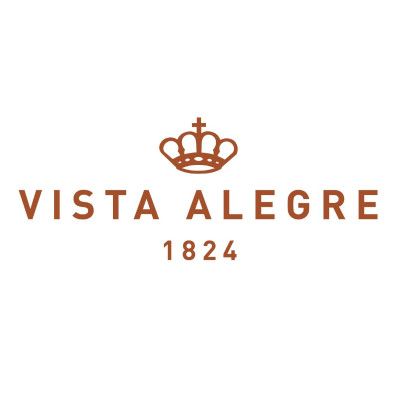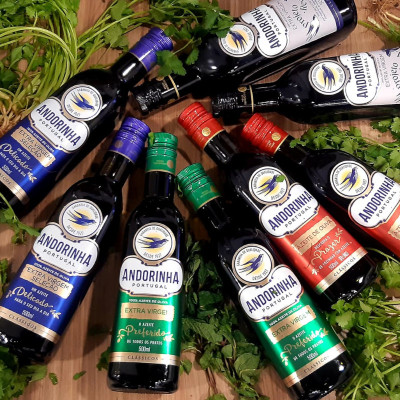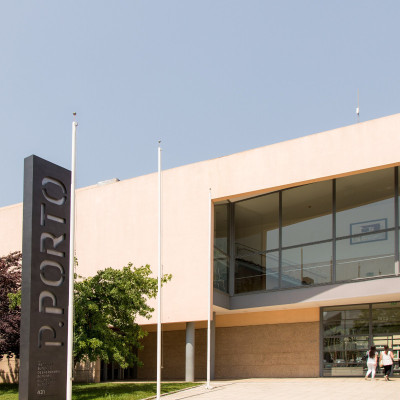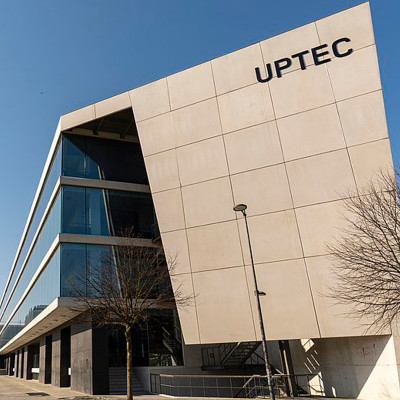Local Businesses
Alentejo's economy is driven by agriculture, viticulture, and traditional crafts, supporting a network of local businesses and cooperatives. Family-owned wineries in Vidigueira and Reguengos de Monsaraz produce award-winning wines, while olive oil mills in Moura and Serpa uphold centuries-old traditions. Handicraft workshops in Évora and Elvas preserve artisanal skills in ceramics. textiles, and woodworking. contributing to Alentejo's cultural identity and economic sustainability.

Vista Alegre

Ach Brito Soaps

Andorinha Olive Oil

Ferreira Port Wine
Business Opportunities
The region offers opportunities for investment in agribusiness, tourism infrastructure, and sustainable
development projects. lnitiatives promoting eco-tourism and rural accommodation enhance Alentejo's
appeal as a destination for cultural and nature-based experiences. Strategic partnerships with local
producers and cooperatives support economic growth and innovation, ensuring Alentejo remains a hub for
traditional industries and emerging markets.

AEP

CEIIA

IPP

UPTEC
Economic lmpact
The Alentejo region has experienced significant economic impacts in recent years. Known for its agricultura!
heritage, the region has diversified its economy to include tourism, renewable energy projects, and wine
production. These sectors have bolstered local employment and contributed to infrastructure development,
enhancing Alentejo's appeal as a tourist destination anda hub for sustainable energy initiatives
However, challenges such as rural depopulation and infrastructure gaps persist. necessitating ongoing investment and strategic planning to sustain economic growth and promete inclusive development in the reg1on.
However, challenges such as rural depopulation and infrastructure gaps persist. necessitating ongoing investment and strategic planning to sustain economic growth and promete inclusive development in the reg1on.

Letra Brewery

Burel Factory

Amorim Cork

